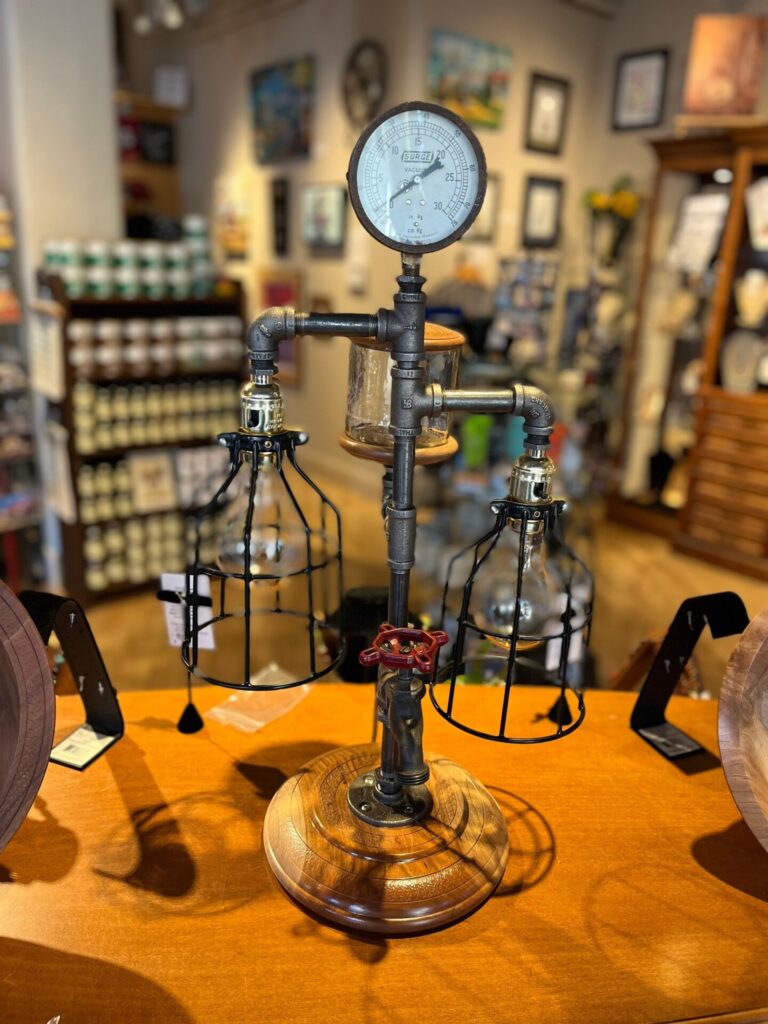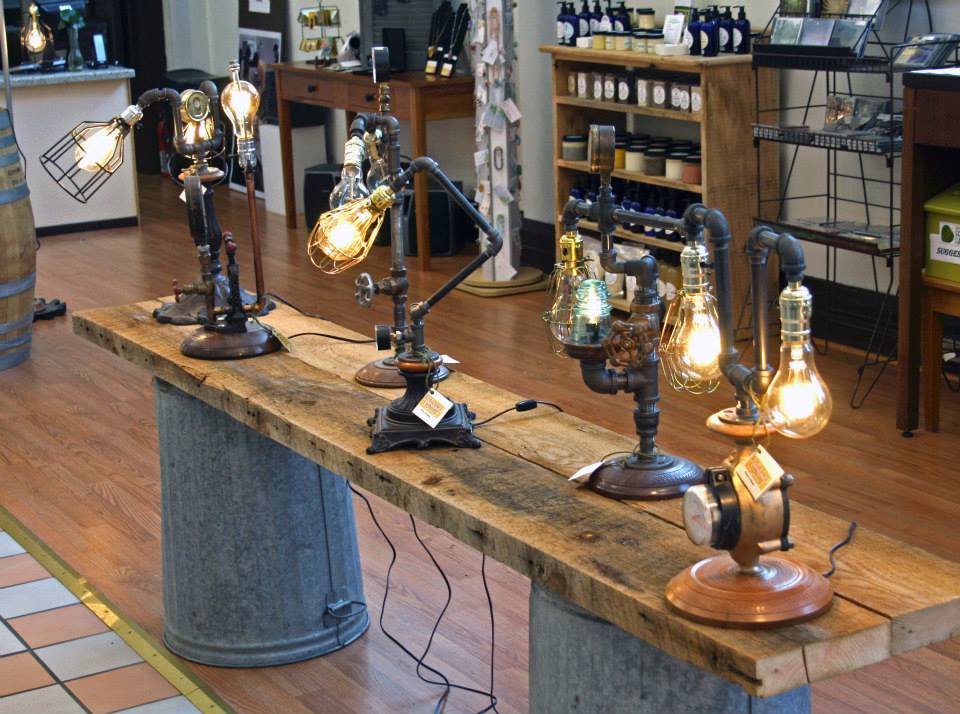SATURDAY TOUR STOP: Dream Rock Silo, 664 Saddle Creek Road, Independence, VA
Terry Clark grew up in Kansas and Oklahoma and served four years in the U.S. Navy before meeting and marrying a girl from the mountains.
Terry’s interest in building and in woodworking were evident at an early age, as his mother reported that he built toy cars from scrap wood at age 8, and the cedar blanket chest and armoire he built in high school are still in use in his home.
His design and construction skills were honed at Berea College, where he worked under the guidance of master craftsmen in the school’s renowned Woodcraft Student Industry, first as a regular worker and, after only one semester, as student foreman, and finally as full-time craftsman. While earning his Bachelor of Science in Industrial Arts, Terry was mentored and his work was strongly influenced by Rude Osolnik, one of the founders of the modern crafts movement.
Terry has continued to develop his style and techniques in his workshop in Grayson County, Virginia. Recently, he has broadened his repertoire to include “Steampunk” or fantasy-industrial style pieces. These include sculptural as well as desk and floor lamps and custom-made lighting fixtures. He has said that he considers solving the “puzzle” of finding new uses for salvaged pieces; figuring out how to incorporate wiring, lights, and gauges (even though they don’t measure anything); sneaking in a touch of his particular sense of humor; and keeping a piece of his turned wood in each piece, as both a challenge and a satisfaction of his need to create.


Tour Address: The Grant Grange, 840 Grange Hall Road, Troutdale, 24378
Email: [email protected]; [email protected]
Phone: 276-579-6061








